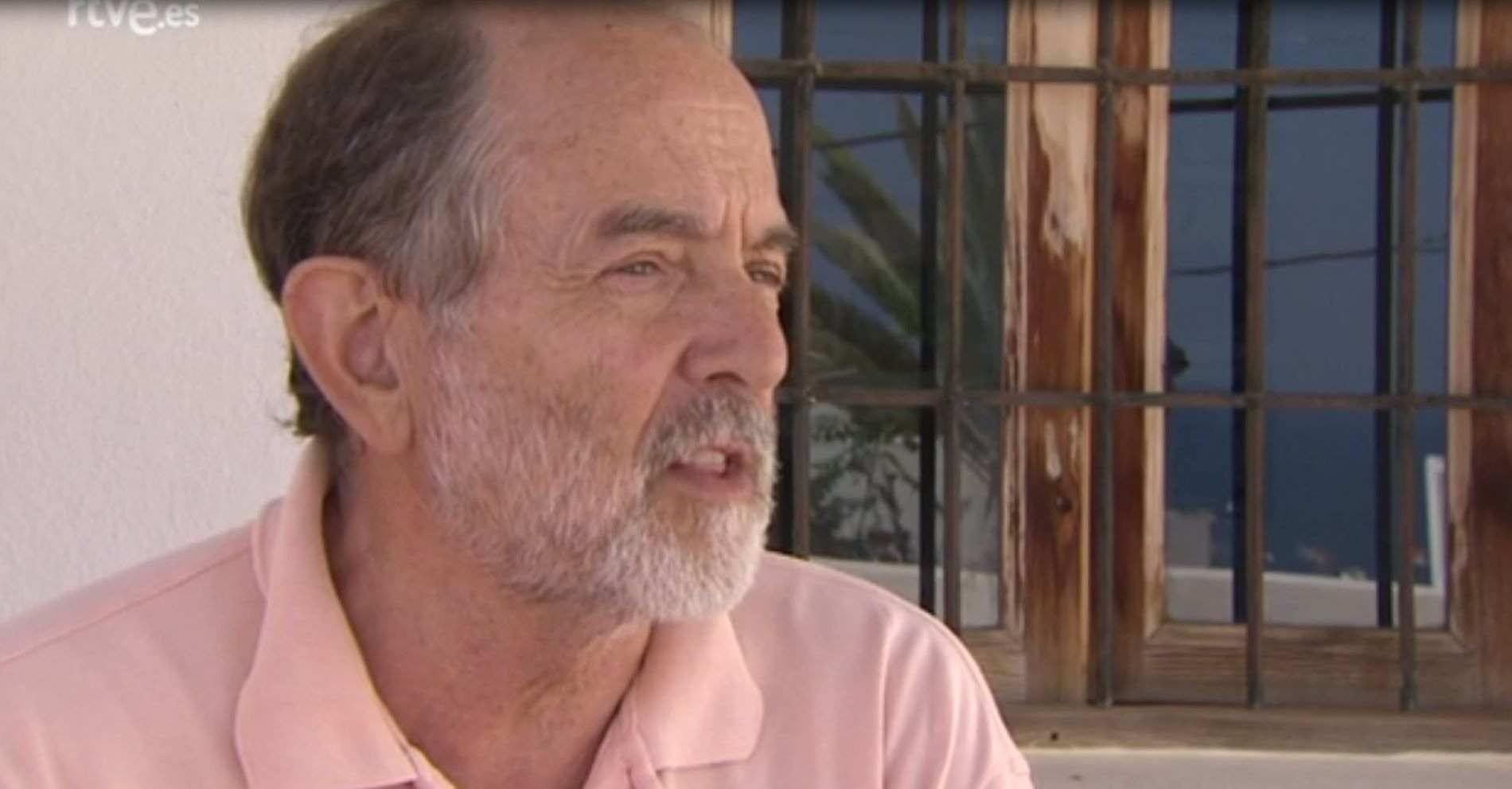A former Spanish military officer who received an amnesty from the Socialists (PSOE) has come out in defence of the proposed amnesty for prosecuted independence activists, although he believes that it should be with the commitment of not pursuing independence via a unilateral path. The statements in favour of the amnesty were made in the Diario de Almeria newspaper by José Ignacio Domínguez (Madrid, 1945), an ex-lieutenant colonel in the Spanish air force, resident in Andalusia since the 1970s. Domínguez was the protagonist of the only episode in which sentence was annuled by the Spanish parliament, promoted by former PSOE number two and Spanish deputy PM, Alfonso Guerra: "An amnesty is not unconstitutional, one was granted to me and I was able to return to the armed forces". Domínguez also defended this idea through his social media accounts.
Alfonso Guerra dice que conceder la Amnistia sería un desprestigio para la Transición. Él siendo Vicepresidente del Gobierno impulsó la Ley de Amnistia 24/1986 de la que me beneficié, y le estoy muy agradecido. Pregunto: ¿la Ley 24/86 fue un desprestigio para la Transición?
— José Ignacio Domínguez (@JIDominguezFMD) September 21, 2023
What happened to Domínguez and other soldiers?
The case of Domínguez and a group of eight other soldiers was special. The fact is that Spain's post-Franco amnesty law of October 15th, 1977 - which was passed before the current Spanish Constitution of 1978 - forgave "all acts of political intent, whatever their result, classified as crimes or misdemeanors." However, the military and civil servants were treated differently to others because they were not allowed to re-enter their professions. Thus, later, in accordance with article 14 of the Constitution, a correction to this situation was sought, applying the principle of non-discrimination.
The Constitutional Court established the labour amnesty in accordance with this constitutional article in December 1986 in order to repair the damages caused to almost fifteen military officers who had been banned from the military by a military court for belonging to the Democratic Military Union (UMC), explains Diario de Almería.
Domínguez was part of the UMC group, which was labelled as the "captains of democracy", a green shoot of democratic thought within the army while the Franco era continued. The nine soldiers were convicted of the crime of conspiracy to rebellion and sentenced to prison terms and lifetime expulsion from the military. The Amnesty Law of 1977 allowed them to leave prison, but they could not return to military careers until 10 years later. "An amnesty is not unconstitutional or illegal, one was granted to me in 1986 and I was able to return to the army", argues Domínguez.
A Rehabilitation Law that solved everything
The former soldier spent a few years outside Spain, but returned in 1977 and a decade later, in 1987, the Rehabilitation Law which was sponsored by the then Spanish deputy prime minister, Alfonso Guerra, made it possible for him to re-enter the air force.
"I had gone into the reserve and then I became a pilot for Iberia, but my fellow soldiers who wanted to continue with their military careers were not assigned to any unit nor were they allowed to return to active service", he told Diario de Almería. "It was the first time that the legislative body had admitted the possibility of publishing an amnesty law under the current Constitution," adds the newspaper. The law annulled the sentence that had prevented Domínguez being part of the army.
In favour of an amnesty if the unilateral route is abandoned
Regarding a possible amnesty for Catalan independence activists, the former military officer states: "Being as neutral as possible, I would tell you that the amnesty is perfectly legal, it is not like a pardon. It simply wipes the slate clean in favor of social harmony, to leave behind the mistakes of the past. But if these gentlemen from Junts tell us that they are going to continue on the unilateral path, they would not be respecting its purpose", he concludes.

